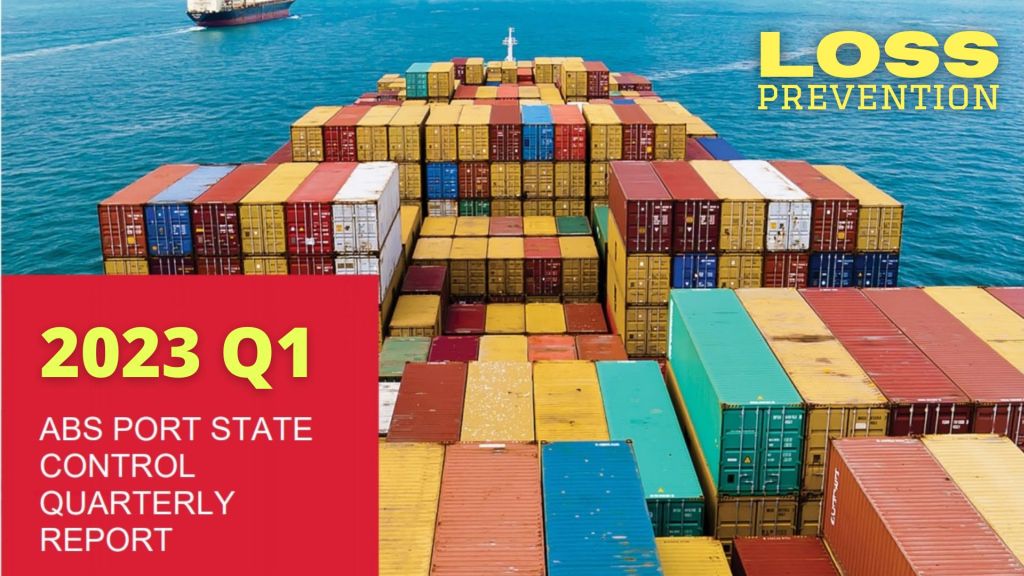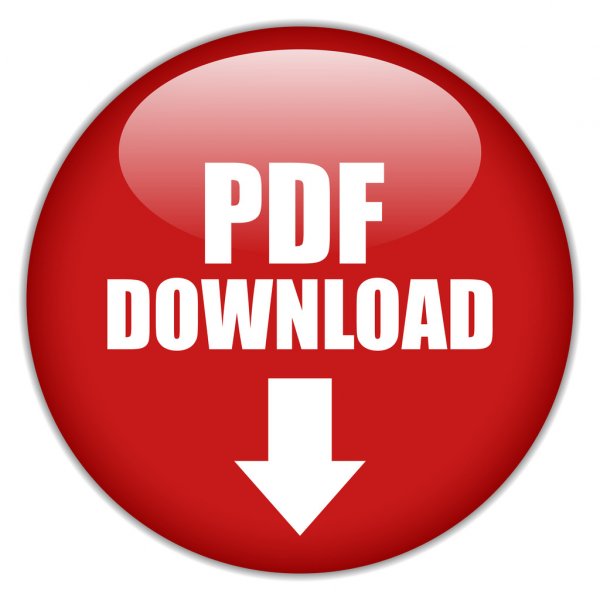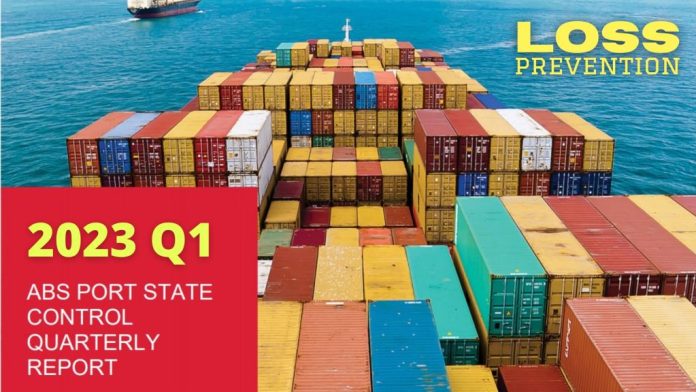
(www.MaritimeCyprus.com) Port state control inspections play a vital role in ensuring ship safety and maritime security. These inspections, conducted by port authorities on vessels entering their ports, help to enforce international regulations and standards, ultimately safeguarding lives, protecting the environment, and preventing accidents at sea.
Through rigorous inspections, port state control authorities verify compliance with various safety and security requirements, including vessel maintenance, crew competency, navigation equipment, and adherence to pollution prevention measures. By identifying and addressing deficiencies, these inspections contribute to the overall improvement of ship safety, reducing the risk of maritime incidents and promoting a safer and more sustainable global shipping industry.
Port State Control inspections have proven to be an effective tool for eliminating substandard vessels that may be in operation, which may impact maritime safety and the marine environment.
A ship is regarded as substandard if the hull, machinery, equipment or operational safety and the protection of the environment is substantially below the standards required by the relevant conventions or if the crew is not in conformity with the safe manning document.
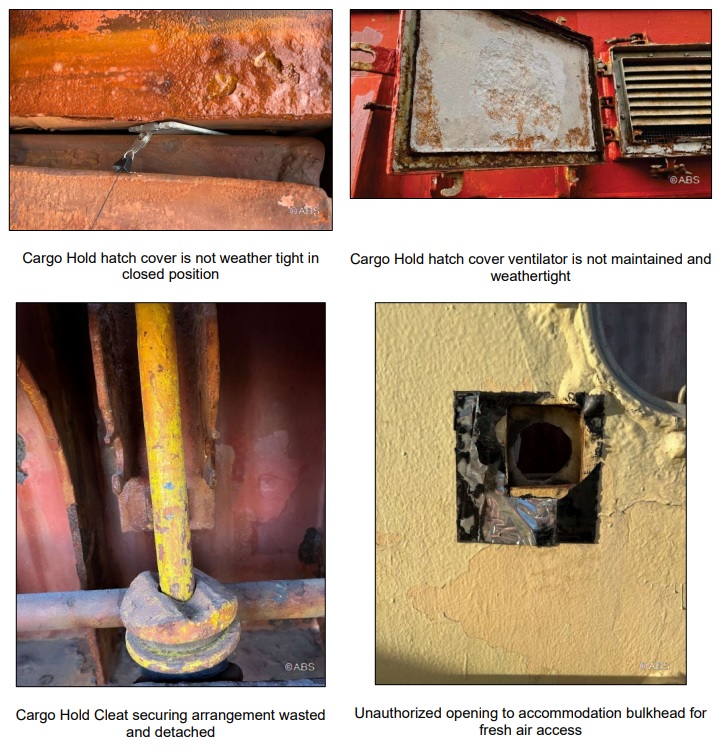
Evidence that the ship, its equipment, or its crew do not comply substantially with the requirements of the relevant conventions or that the master or crew members are not familiar with essential shipboard procedures relating to the safety of ships or the prevention of pollution may be clear grounds for the PSC inspector to conduct a more detailed inspection. Good ship and crew preparation is always essential, in keeping up to date with all International, National and Port State requirements. Having a checklist goes a long way.
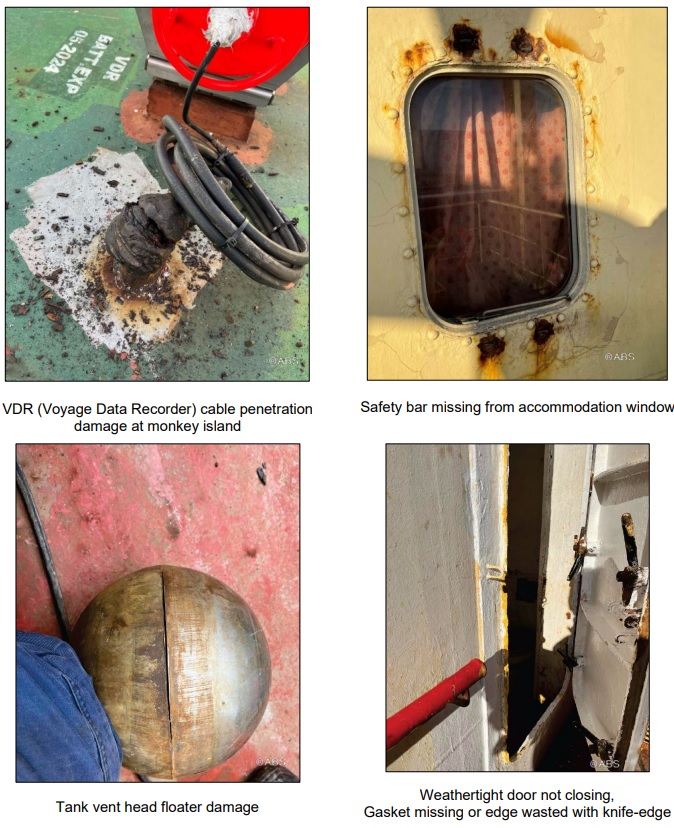
A PSC inspection identifies and rectifies deficiencies in areas such as vessel maintenance, crew competency, navigation equipment, and environmental compliance.
Studying the deficiencies identified on ABS vessels during inspections carried out by the various PSC regimes globally during the 1st Quarter of 2023, provides valuable insights into the overall compliance trends and areas of concern within the maritime industry. It allows industry stakeholders, including shipowners, operators, and regulatory bodies, to identify common deficiencies and implement necessary measures to address them, ultimately leading to improved ship safety and a more secure maritime environment.
Click the below image to download the full ABS report:
Source: ABS
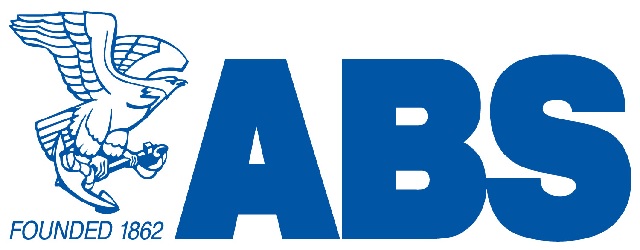
For more Port State Control resources and Guides, click HERE





